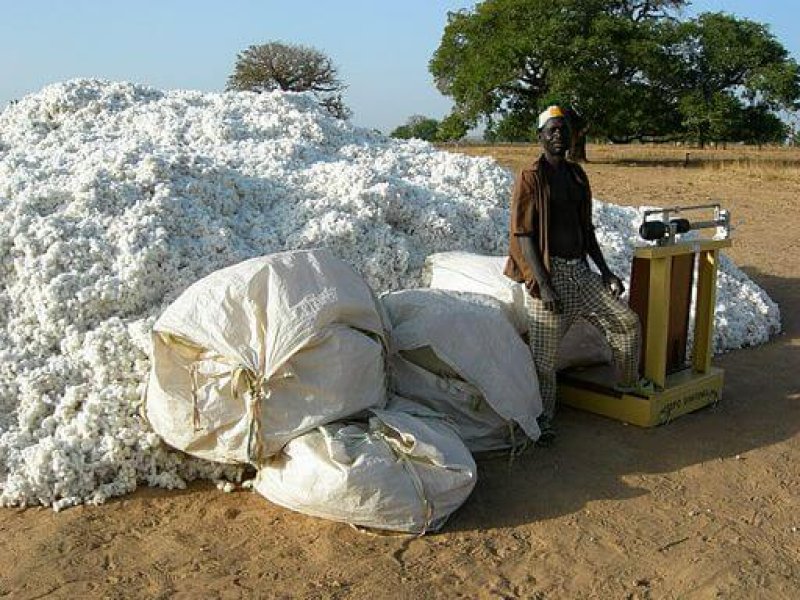The GLP aggregated and excerpted this blog/article to reflect the diversity of news, opinion and analysis.
The inferior lint quality of Bt cotton has caused severe economic losses for Burkinabè cotton companies. … Company officials and Monsanto representatives cite two problems with lint quality.
. . . . Bt cotton produces both less cotton lint, and lint of an inferior quality.
Inferior lint quality . . . . is a critical issue for the [cotton] companies . . . The combination of shorter staples and lower lint quantities substantially undermines profits.
These cotton companies also control the provision of seeds and inputs to farmers and were able to unilaterally phase out Bt cotton. This is much to the dismay of many Bt cotton farmers.
The story of Bt cotton in Burkina Faso underlines the complex nature of debates around the potential for GM crops to help poor farmers. In this case the technology does what it is supposed to do: confers pest resistance, reduces pesticide use and increases yield. Many farmers like it, and want more of it.
But an unexplained impact on staple length means the cotton companies are shifting away from this technology. This technical hurdle will need to be overcome for Bt cotton to continue as a success story in Burkina Faso.
. . . .
The Burkina Faso case demonstrates the perils of such a narrow, trait specific approach to addressing agricultural development. Sometimes focusing on a single trait – in this case pest resistance – can have unintended and harmful consequences for other important traits – in this case, cotton quality.
Read full, original post: Why Africa’s biggest adopter of GM crops changed its mind































